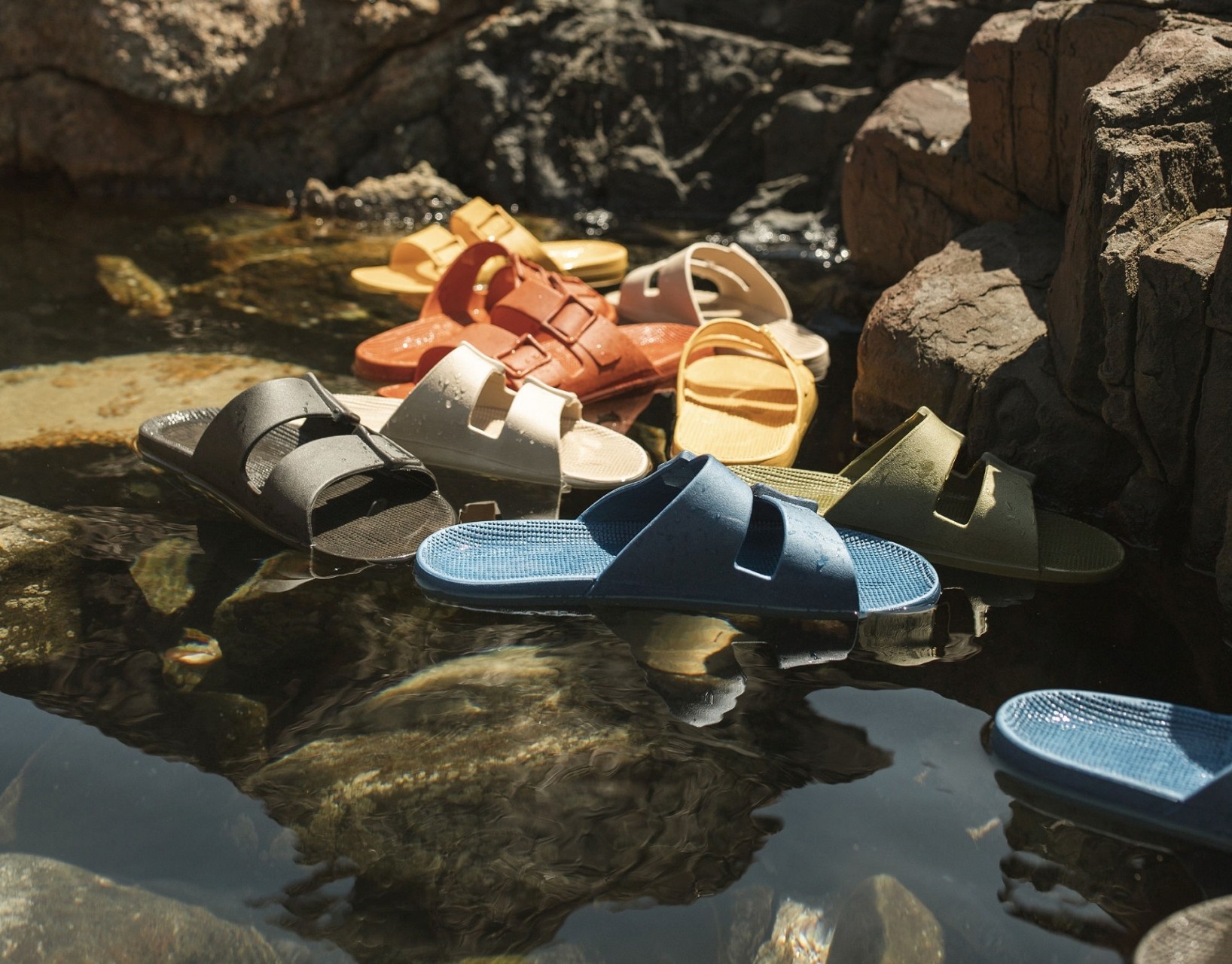Sustainable footwear production drives Brazilian industry
Traditional players and new brands invest in sustainability and stimulate the entire production
2022-03-30 | By Brazilian Footwear

2022-03-30 | By Brazilian Footwear

Consumers aware of the impact of their choices have provoked traditional players in the Brazilian footwear market to invest in sustainable lines and, also, motivated the emergence of new brands. They are businesses that stimulate the entire production chain to develop innovative materials and that direct the green-yellow cluster for the future.
StepsGreen was born in 2018, in the city of Franca/SP, with the purpose of offering to a clientele engaged in environmental causes shoes that respects the health of those who wear and, at the same time, generates less polluting waste. In the mix of men's, women's and children's products are casual models made with leather tanned without the use of chrome, natural cotton, biodegradable rubber and biolatex foam. The president of the company, Mauricio Salomão, states that the main difficulty is control over the entire supply chain. Currently, 4 thousand pairs/month are manufactured, intended for platforms stepsgreen.com, which serves the North American market, and also the stepsgreen.com.br (for the internal market). Stepsgreen is also in the main international marketplaces. The performance of the brand abroad represents 35% of the income and the goal is that this percentage reaches 80% in the coming months.
Another young brand that has been collecting good results with its sustainable shoes is Tnin, from São Paulo/SP. Fruit of the market vision of the Brazilian Juliana Lawson and her husband, British Darren Enthoven, the brand was created in London, in 2017. With experience in the production of shoes and fashion accessories, the couple had the desire to produce children's models in a sustainable way on Brazilian soil. For her, combining design and sustainability is a satisfaction. ”Even more so in Brazil, which has so many wonderful raw materials and sustainable inputs," Juliana praises.
The basic and timeless design of the models opens up space to play with materials such as recycled canvas from textile scraps, 100% organic cotton with natural dyeing, recycled rubber sole, green EVA insole made of sugar cane, water-based glue, among other innovations. 2 thousand pairs are produced per month, sold in their own store in the capital of São Paulo, on the website tninshoes.com and in multi-brands spread throughout Brazil. The brand can also be found in Chile and recently started collabs in Portugal and the United States.
Sustainability, timeless design and comfort are attributes that are in Linus' DNA (São Paulo/SP). The lifestyle brand founded by Entrepreneur Isabela Chusid has as its main product the first vegan plastic sandal in Brazil, available in nine colors, in addition to the palette created for exclusive collections. Produced 100% with Brazilian raw materials, the sandal is made of eco-friendly expanded PVC, 100% recycled material and free of heavy metals. “To make PVC malleable we need to add plasticizers and lubricants with plant origin. Thus, we reach more than 70% of renewable sources in our production”, explains Isabela, telling that the company grew 700% in 2020 and 400% in 2021. Present in the Forbes Under 30 list in 2021, the entrepreneur highlights that being sustainable is much more than having a sustainable production process. "Sustainability also encompasses the social, economic and management areas. It is necessary to make sure that the entire chain is being properly paid, with optimal working conditions”, she points out. Linus still offsets the carbon emissions and 200% of all the plastic it produces. The brand also has the Eu Reciclo, Carbon Free stamps, as well as being certified by the international animal rights organization Peta (People for the Ethical Treatment of Animals).
Promote your brand
Contact us to find out how to promote your Brazilian footwear brand on the platform.